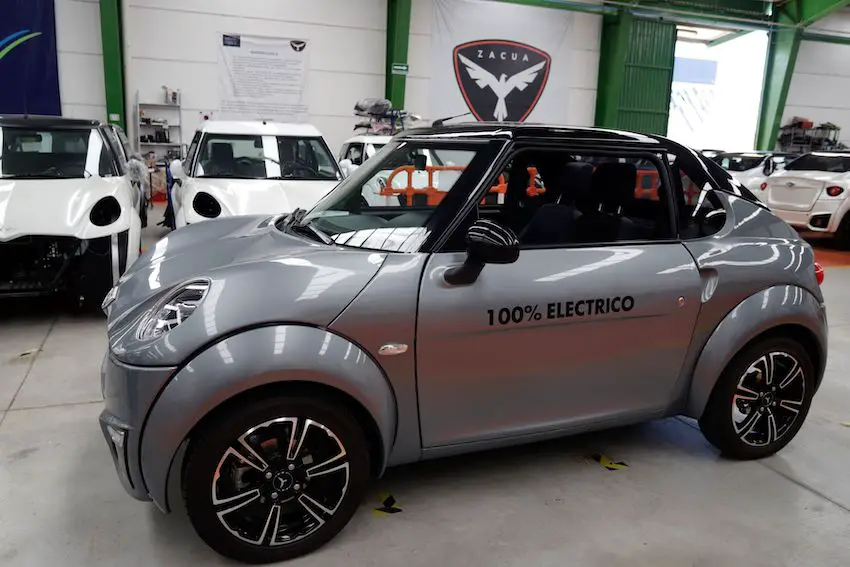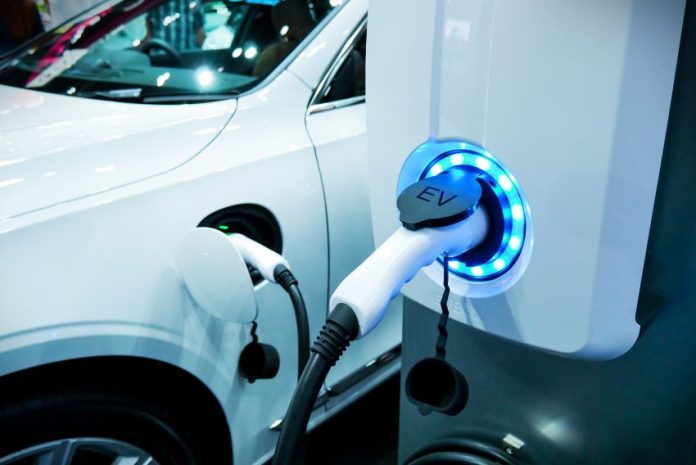This week, President Claudia Sheinbaum gave further details about her plans to produce an electric vehicle (EV) that is fully manufactured and assembled in Mexico.
The president first mentioned the EV during her inaugural speech at Mexico City’s Zócalo on Oct. 1. “Mexicans have creativity, determination and capacity to spare. So, we will produce ‘Olinia,’ a small, 100% electric, accessible car, designed by young people and assembled in our country,” Sheinbaum said.
The project seeks to establish Mexico as a major car producer, a goal of the Technological Development Program for Innovation, one of Sheinbaum’s 100 commitments for her presidency.
Although the country has seen significant growth in the assembly of electric and hybrid vehicles, Mexico has yet to manufacture and export a domestically designed electric vehicle model.
Where will Olinia be manufactured?
During her morning press conference on Oct. 15, Sheinbaum said that Olinia could be produced in Sonora, one of several northern states with low electricity prices.
After the announcement, Governor Alfonso Durazo Montaño thanked Sheinbaum on his official X account for considering Sonora as a potential production hub for Olinia.
In a follow-up comment, he emphasized Sonora’s suitability for EV production, citing the state’s promising potential to develop its clean energy sector.

“[Olinia] will represent an important step towards the transition to clean energy in Mexico,” Durazo stressed.
How much will it cost?
Olinia, which means “to move” in Nahuatl, will be designed as an affordable EV for Mexican families and young people, with competitive prices compared to other available brands.
It is expected to cost under 500,000 pesos (US $25,000), a price tag lower than that of EVs currently available in the national market, such as the SEV E-Wan Cross, the BYD Dolphin Mini and the Tesla Model 3.
Is Olinia Mexico’s first-ever EV?
Although both Sheinbaum and Durazo said that Olinia would be Mexico’s first-ever EV, Olinia will be the second EV model to come out of Mexico.

In 2018, Zacua launched its manufacturing plant in Puebla to produce two models of EVs: the Zacua MX2 and the MX3. Both are exempt from paying tenencia (ownership tax) and from verificación (a vehicle inspection only applicable in Mexico City).
Zacua EVs can be bought in their Mexico City showroom or online.
With reports from Meganoticias, El Sol de Hermosillo, NMas and El Universal
